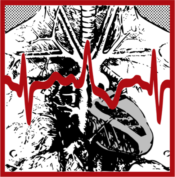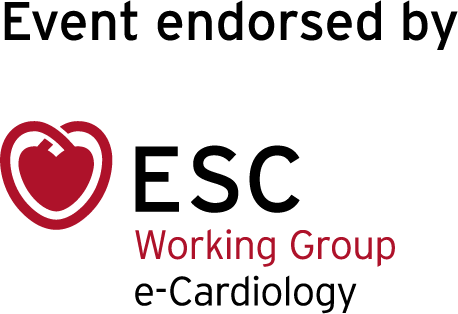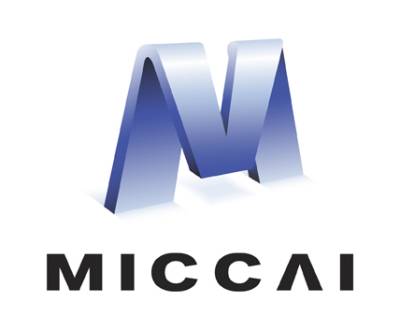CinC Conferences
Computing in Cardiology conferences are organized by local hosts with the support of Computing in Cardiology, Inc., an international society of scientists and professionals from the fields of medicine, physics, engineering and computer science. Computing in Cardiology, Inc. is incorporated as a non-profit corporation in the state of Missouri. In accordance with its bylaws, CinC is governed by a Board of Directors, which is elected by its membership. Membership in Computing in Cardiology is attained by attendance at two annual scientific meetings within the past four years.
At the conference: A Sunday afternoon symposium, usually offering an in-depth look at a topic of current research by the local hosts, precedes the three-day scientific sessions, which typically include 250+ presentations in plenary, parallel, and poster sessions.
Scientific sessions begin Monday morning with a plenary session of presentations by Young Investigator Award finalists, followed by parallel and poster sessions. Monday afternoon is devoted to a social program organized by the local hosts to provide attendees an extended opportunity to meet while enjoying some of the attractions of the venue. Scientific sessions continue on Tuesday and Wednesday, and generally include a plenary session, a poster session, and several sets of parallel sessions each day. Presentations by participants in the annual PhysioNet/CinC Challenge take place in dedicated scientific sessions on Tuesday or Wednesday. A concluding Wednesday afternoon plenary session includes scientific presentations as well as presentations of the Rosanna Degani Young Investigator Awards, the PhysioNet/CinC Challenge Awards, and the Bill and Gary Sanders Poster Awards.
After the conference, presented papers are published in the annual proceedings of CinC, which are available on-line and in print.
Until 2010, our conference was known as Computers in Cardiology. In 2010, we changed our name to Computing in Cardiology. When CinC began in 1974, it was possible to do research in cardiology without computers. Today, this is scarcely imaginable, any more than doing research without pencils, or chairs. Our name change reflects how the focus of the meeting — which has always been, and remains, applications of computers in cardiology and cardiovascular physiology — is aimed squarely at methods and results of computation, rather than on the now-ubiquitous computing machinery that pervades nearly all modern scientific endeavor.


